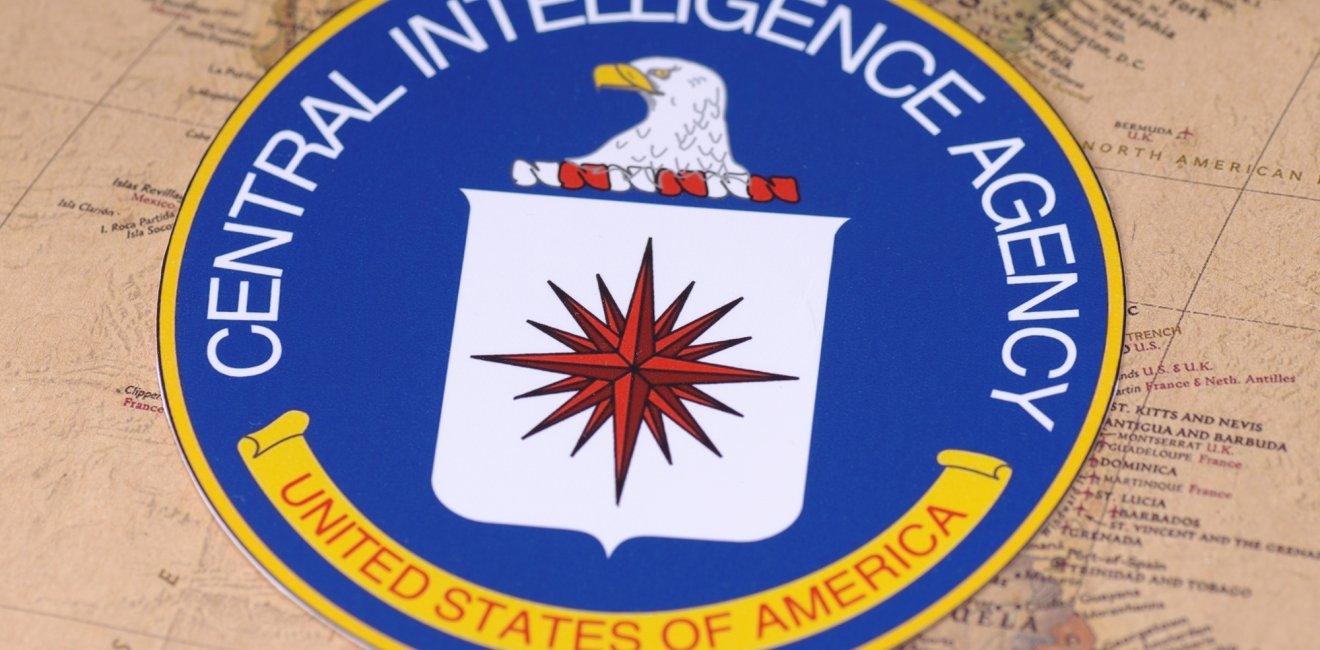
A blog of the Indo-Pacific Program
For those who work at the Central Intelligence Agency, this is a time to look forward with a certain uneasy optimism. There is undoubted relief that the agency withstood a Commander-in-Chief who was overtly hostile towards the CIA while proactively reaching out to the Kremlin. In President Biden, the CIA has a White House that values its work. Its new Director, William Burns, has an impressive resume as a senior diplomat and policymaker and long experience working with CIA officials. Yet unease persists amid an awareness of just how rapidly and profoundly the international landscape is changing and how daunting are the challenges that lie ahead.
The searing scenes emerging out of Afghanistan have inevitably put the CIA at the center of a raging debate: what went wrong and why? Much initial reporting regarding the role of U.S. intelligence has been contradictory, but the prevailing theme has been "intelligence (i.e. CIA) failure." In fact, it will be months and probably years before we have a definitive account of the CIA's role in these events. At this point, two observations seem pertinent. First, the primary responsibility for collecting and evaluating intelligence on the Afghanistan military's performance, as well as the military capabilities of the Taliban, rests with the Defense Intelligence Agency. The CIA's primary writ would have extended to the performance of civilian agencies and organizations, including the Taliban's political arm.
Second, the ultimate judgment regarding the CIA's performance is likely to look much like that in Vietnam. In that war (and the same is surely true in Afghanistan) the U.S. military's reporting on events was deeply skewed by the fact that each level of the military structure from the lieutenants to the generals had a built-in interest in painting the rosiest possible picture because their own performance was being judged by these outcomes. The CIA stood outside this chain and could afford to report bad news — and it did. Later judgments on the Vietnam war showed that the CIA's record of telling truth to power, while very imperfect, was far better than its military counterparts. It is safe to predict future assessments will find something similar in Afghanistan.
Americans found themselves in a world where intelligent strategic decisions were a matter of national life and death. Such decisions required information that national decision-makers could use, i.e. “actionable intelligence.”
The CIA was born out of World War II and the early days of the Cold War. For the first 160 years or so of its existence, the United States had no national intelligence capability because it didn’t need one. That all changed with the existential threats posed first by the Axis powers and then international communism led by the Soviet Union. Americans found themselves in a world where intelligent strategic decisions were a matter of national life and death. Such decisions required information that national decision-makers could use, i.e. “actionable intelligence.” Much of that information was in the public or semi-public domain, gathered and analyzed by journalists, scholars, and diplomats. But some of the most important data were concealed. For the Soviet Union, secrecy and deception were core operating principles. It would take a new kind of agency staffed with professionals trained in the dark arts of espionage and intelligence analysis and equipped with the most advanced available technologies to penetrate the wall of secrecy surrounding decision-making in Moscow or Beijing.
As long as the Cold War lasted, the CIA’s mission and purpose were clear. But the collapse of the Soviet Empire, preceded by the death of Mao, changed the geopolitical context dramatically. Suddenly, neither Russia nor China seemed to pose a serious strategic threat. Did America even need a CIA in such a benign environment?
That question was answered with the 9/11 attacks. The impact on the CIA was immediate and dramatic. The new mission was counter-terrorism, the enemy was Al Qaeda/Osama bin Laden and the agency’s tool kit rapidly expanded beyond espionage and analysis to include major “paramilitary” capabilities that put CIA personnel on the battlefield in roles indistinguishable from Pentagon Special Operations Forces. That “era” lasted about twenty years but is now coming to a rapid close with the end of U.S. ground combat in Afghanistan preceded by the killing of Bin Laden. [It should be noted that it was the CIA that tracked Bin Laden to his hideout in Pakistan.]
The new strategic paradigm has taken shape with warp speed — crystallized in statements from the Biden White House and in confirmation testimony by Burns. The new CIA Director made it clear that he sees China — and, to a lesser degree, Russia — as the overriding strategic challenge facing the United States in the foreseeable future. He also stressed that these challenges came with a heavy technological component — whether it was Beijing’s determination to monopolize critical advanced technologies, like artificial intelligence, or Moscow’s use of cyber technology to attack America’s elections and IT infrastructure. When asked about his highest priority as Director, Burns identified the need to recruit and nurture personnel with superior expertise in both China and science and technology.
In one sense, there is a “back to the future” about all this. With the global war on terror and commando operations deemphasized, Burns sees the CIA returning to its roots as an espionage and analysis organization focused on great power geopolitical threats. But the new world is not like the old in several respects.
Traditional espionage tradecraft will be largely useless inside the world’s first total surveillance state.
First, China is a highly complex intelligence target. The Communist regime has installed a pervasive surveillance system that tracks every movement of everyone in China. Traditional espionage tradecraft will be largely useless inside the world’s first total surveillance state. Second, much of the threat posed by China involves the theft of advanced technologies from U.S. corporate, academic, and national laboratories. There are well over 300,000 Chinese students and researchers at American colleges and universities. It is fair to say that all of them are regarded by Beijing as obligated to collect information (including state or corporate secrets) valuable to China. Few of those students/researchers may want to play such a role, but that does not mean they are immune to pressure or patriotic appeals. The resulting counterintelligence problem is immense beyond precedent. The FBI bears most of the counterintelligence burden, but it is shared by the CIA.
Third, China has become a first-order military challenge. The Chinese navy is now the world’s largest, and it is augmented by thousands of armed “maritime enforcement” vessels — including armed fishing boats. CIA assessments of China’s strategic challenge will require a sophisticated understanding of Chinese military technologies, deployments and doctrine.
Fourth, the security challenges facing the United States go well beyond China, Russia and other familiar geopolitical adversaries. The new constellation includes systemic pressures highlighted by accelerated climate change with its almost endless list of consequences, including coastal flooding, stronger and more frequent hurricanes, mega wildfires, agricultural failures, huge migration flows, economic breakdown — and more. The CIA will be looked to for informed assessments of the national security implications of everything from Chinese nuclear doctrine to extreme draught conditions in Iran. And, by the way, the CIA has been tasked by the White House with answering the (probably unanswerable) question whether or not COVID originated in a Chinese government laboratory. From there, questions regarding "who lost Afghanistan" will be inevitable.
One thing is certain, the CIA’s new director will have his hands full.
Marvin Ott is an Asia Fellow with the Wilson Center. He was a senior analyst with the CIA and served as Deputy Staff Director of the Senate Intelligence Committee. He also served with the CIA in Vietnam during the war.
Follow the Asia Program on Twitter @AsiaProgram. or join us on Facebook.
The views expressed are the author's alone, and do not represent the views of the U.S. Government or the Wilson Center. Copyright 2020, Asia Program. All rights reserved.
Author

Adjunct Professor, Johns Hopkins University; Former Professor of National Security Policy, National War College and Deputy Staff Director, Senate Select Committee on Intelligence

Indo-Pacific Program
The Indo-Pacific Program promotes policy debate and intellectual discussions on US interests in the Asia-Pacific as well as political, economic, security, and social issues relating to the world’s most populous and economically dynamic region. Read more





